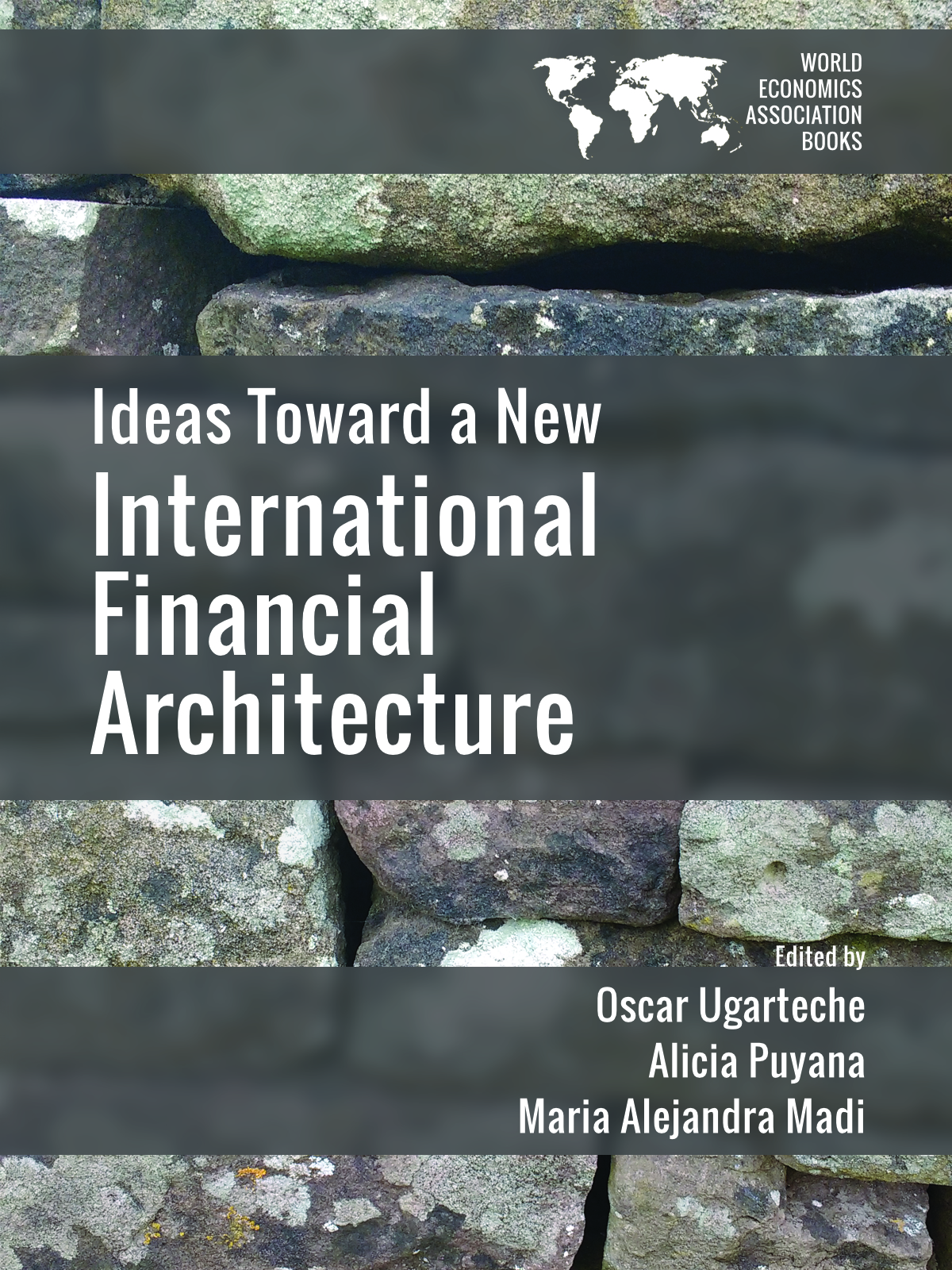A new international financial architecture: The regional versus the global view?

This paper has been included in the publication
“Ideas towards a new international financial architecture?”
Abstract
This paper is geared to show the limitations of the existing financial architecture and the emergence of what appears to be a new financial architecture with regional financial frameworks. It starts by making a brief history of the existing international financial system and its role in international financial regulations in order to show lack of proper global organisations by arguing the changes in the governance issues of existing international financial institutions given the massive shift in world economic power and follows with the problem of a country based reserve currency, proposing a new reserve currency that will have more stability than current highly indebted country based reserve currencies, and thus serve better as a store of value. It explores direct exchange rates versus indirect exchange rates and weighs its costs and benefits and revises the existing experiences, to finally suggest ways forward in the strengthening of international financial regulations through regional mechanisms. The proposal concerns complicating the existing international institutional set up by including the new strong regional elements that are already evolving while redesigning global instruments such as the SDR while downscaling the role of the IMF.
Oscar Ugarteche, Instituto de Investigaciones Económicas, UNAM, México, ougarteche@gmail.com.
If a monetary solution could not serve as principle clause (last sentences paper) , the monetary proposal to redesign SDR could neither be imported.
I don’t understand the comment
Above comment to be applied on Lima: Public debt is economic nonsense.
A financial economic world states’ portrait in tables could only present a correct image if at least one forgotten variable is introduced as relevant: the quantity of placed debtless liquidities, whereas this variable could have been influenced the quantity of GDP ,GDP-debt and sovereign debts considerately ,as for having been enabled relievance of debts in the past to deminuated values, f.i. to Russia, China and India. A research to this already furnished debtless amounts to enterprises’, governments’, consumers’ and banks’ budgets would be necessary as criterion to decide about the complying amount of reserve currencies per monetary unior or sovereign state, to be ruled by IMF if consensus could be reached.
Oscar Ugarteche´s paper seems to me the most original in this conference in terms of proposals of use for developing countries to deal with the multiple problems of financial globalization and particularly those linked to the monetary dynamics of the future.
Rcent events in Europe, most notably the Greek crisis, suggest that the members of the EU will be intensely engaged in the next few years in reforming their own financial system, which is leading to a bnaking union gradually, but without the essential steps yet in place to begin a fiscal union. Without the latter, the euro and ECB will continue to face renewed crises when countries in Europe face debt problems.
European regionalism will force , developing countries to also develop their own safeguards from a debt, monetary and banking perspective, as the paper by Ugarteche suggests.
In this regards, I think that the double pronged approach by Oscar Ugarteche is correct.
On the one hand to use the G 20 to increase developing country influence over policies and personnel of the IMF including more heterodox economists within that body by taking control of the IMF Institute that is key in contracting new economists each year. In additon by proposing new policy issues and improving debt information and fiscal information, so that everyone really knows what is going on in each country. The IMF technical reports must be made clearer and simpler and provided to the world public interested in the world economy. Finally, any pressure to make SDR´s a possible future world currency are to be welcomed by
member developing countries, to provide some rivalry to dollar, euro and yuan.
Secondly, debate on the regional monetary and banking agreements proposed by Ugarteche and others should be the basis of another future WEA conference.